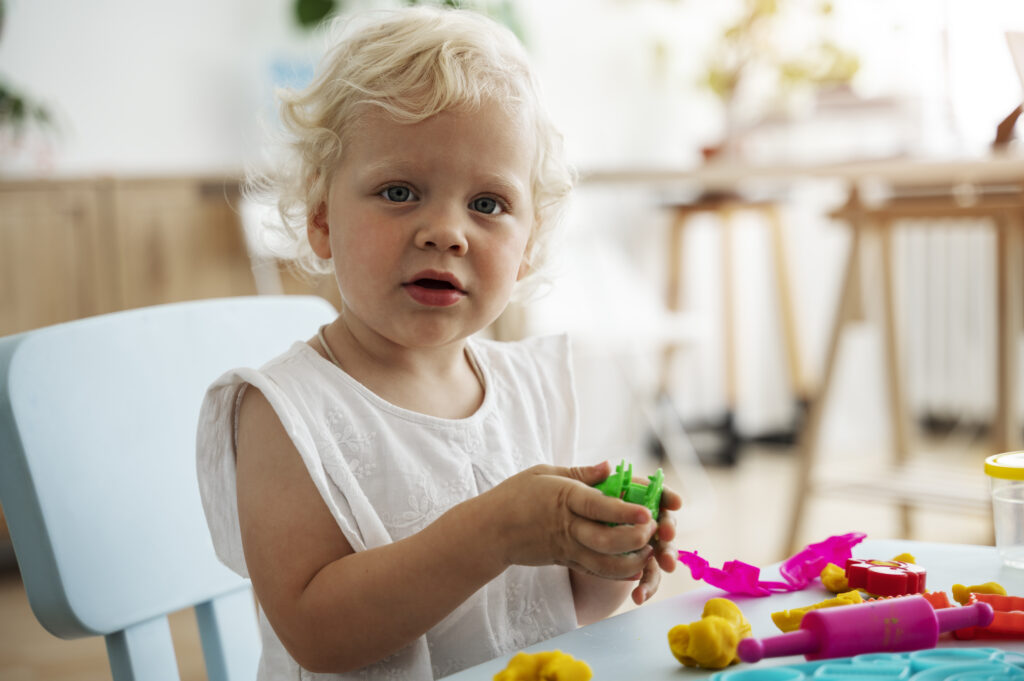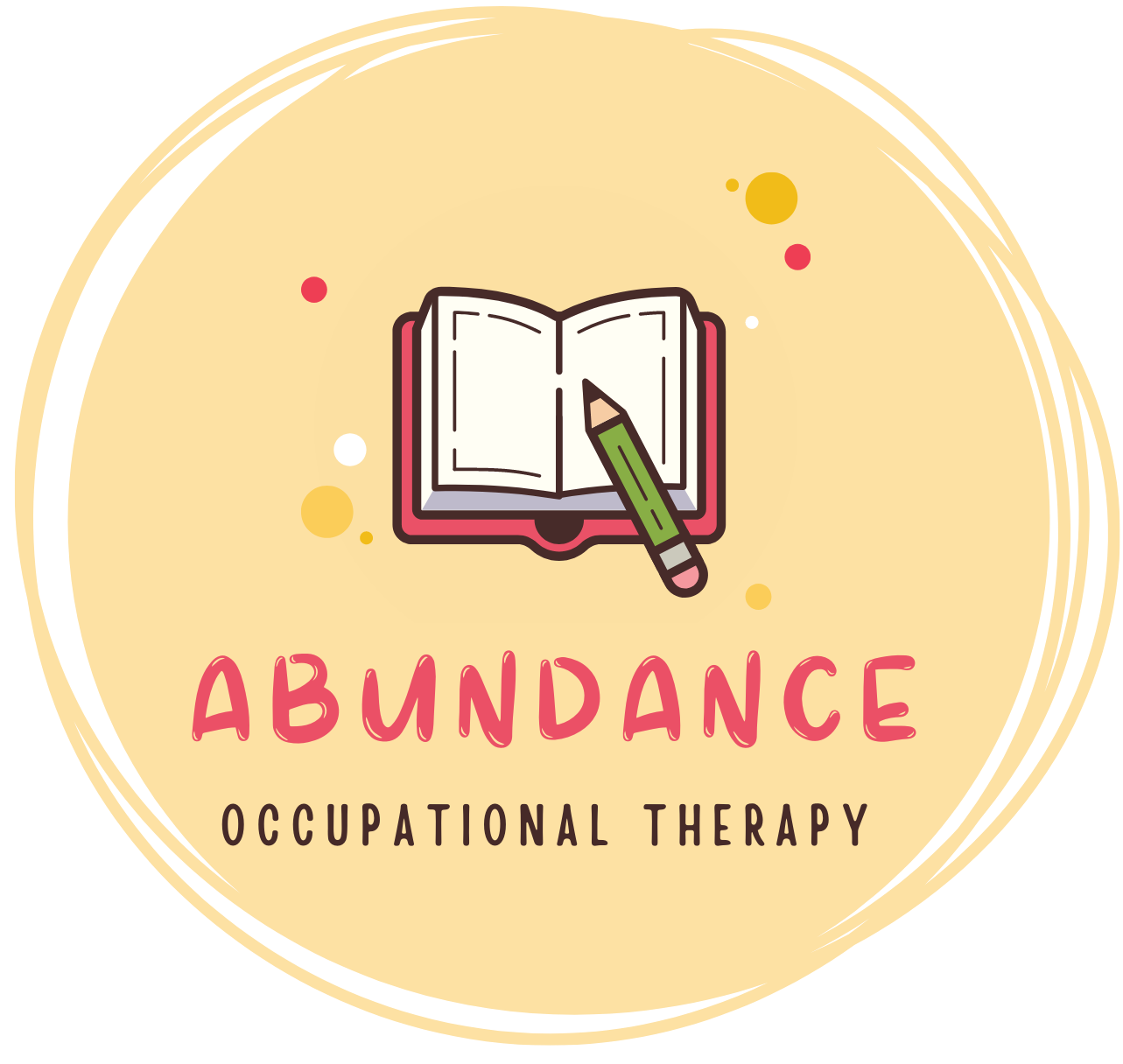
Abundance Occupational Therapy Blog.
If you’ve ever felt like the world of Occupational Therapy is too confusing or just downright overwhelming to tackle on your own, then this blog post is for you.
I know what it feels like when it seems like there are so many things to learn and un-learn and it all feels too overwhelming, we are here to help!
Understanding Occupational Therapy and how it can improve you and your Childs wellbeing is easy with these 3 tips that will make you a savvier parent and give you some peace of mind at home.
What is Occupational Therapy?
Occupational Therapy is often misunderstood, but at its core, it’s about helping individuals of all ages engage in meaningful activities or “occupations” that support their health and well-being. For children, these activities may include play, self-care tasks, school-related tasks, and more. We help to support the development of these activities through fun, structured activities that achieve the “just right challenge”. Meaning, they are easy enough to be motivating and engaging but not so difficult that it puts the child off.
Embrace Sensory Processing
Sensory Processing is your ability to take in information from the environment, process it and respond. Sensory processing plays an important role in making us feel safe and secure because it helps us to understand our environments which in turn makes us feel in control. When children have sensory processing issues it means that they have difficulty taking in information from the environment and they process and respond to that information differently. They may feel out of control with how much noise they are receiving from the environment and it causes them to feel disgregulated which contributes to irritation and frustration. Over time these issues with feeling out of control and irritated start to cause stress in the body and affect things like sleep, eating, socialisation, play and more. So, it’s important to address these concerns and we can support that through structured approaches that help kids to explore the senses in a calm and safe way.
Explore simple sensory activities at home, such as playing with textured materials, exploring different smells and tastes, or engaging in messy play. These activities can help promote sensory integration and support overall development.
Independence in daily tasks
Occupational therapists often focus on helping children develop independence in activities of daily living, such as dressing, grooming, and feeding themselves. We break down tasks into smaller steps and provide opportunities for your child to practice these skills at their own pace. We offer praise and encouragement to build their confidence and motivation to participate in self-care activities independently. We also love to use visuals to help encourage memory.
You can take pictures of each step of an activity for example, making toast, and pin the pictures up in order to help kids break down the task more simply.
Play based learning
Play is a child’s natural way of exploring and learning about the world around them. Incorporate play-based activities into your daily routine to support your child’s development across various areas, including social skills, cognitive skills, and physical abilities. Follow your child’s interests and opt for toys that have a variety of possibilities, such as block and playdoh, that encourage creativity and imagination. Remember that play is not only enjoyable but also essential for learning and growth.
Set apart 10 minutes a day be your childs play partner. Follow their lead, encourage their ideas, smile, laugh and show them how fun and creative they are. This will help to build their motivation for playing and sharing ideas with others which is an important part of development.
Nice work!
By understanding the principles of Occupational Therapy and implementing simple strategies at home, you can play a vital role in supporting your child’s development and well-being.
We hope these tips have provided you with practical guidance and inspiration as you navigate the world of OT with your little one. Stay tuned for more resources and insights to support you on this journey.
